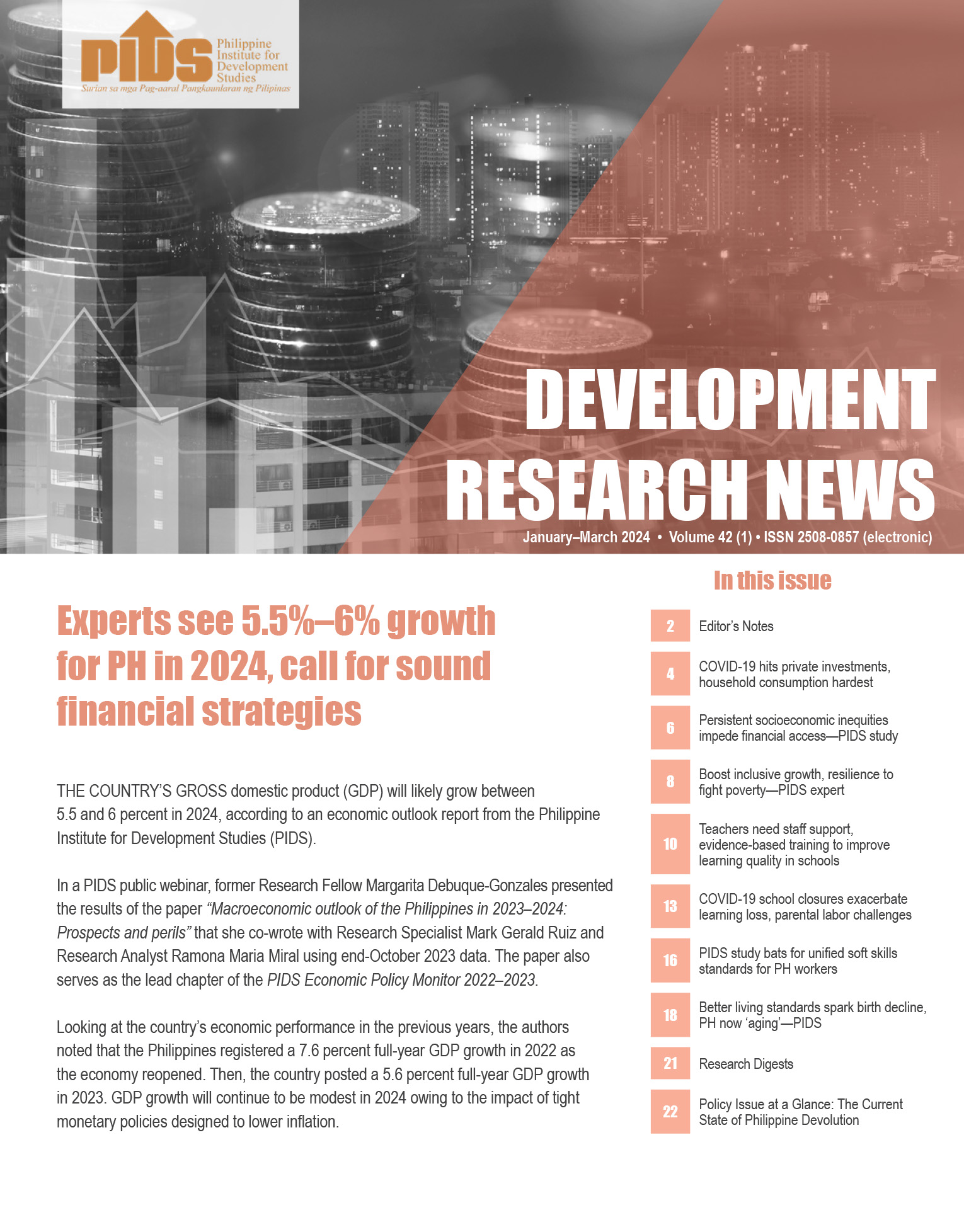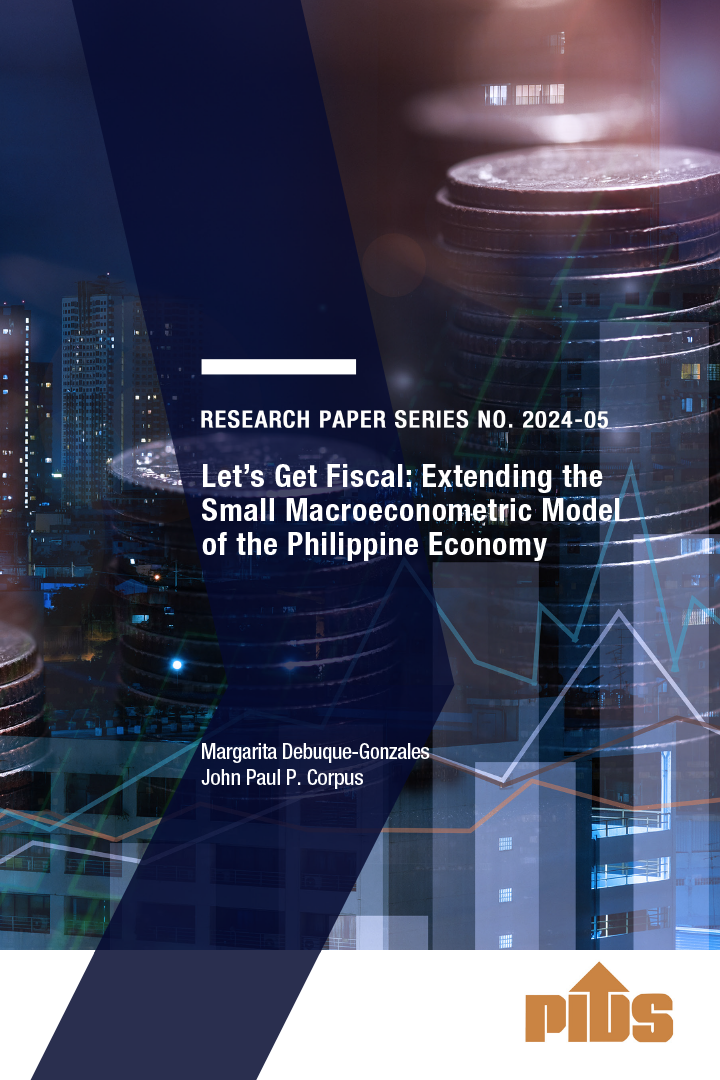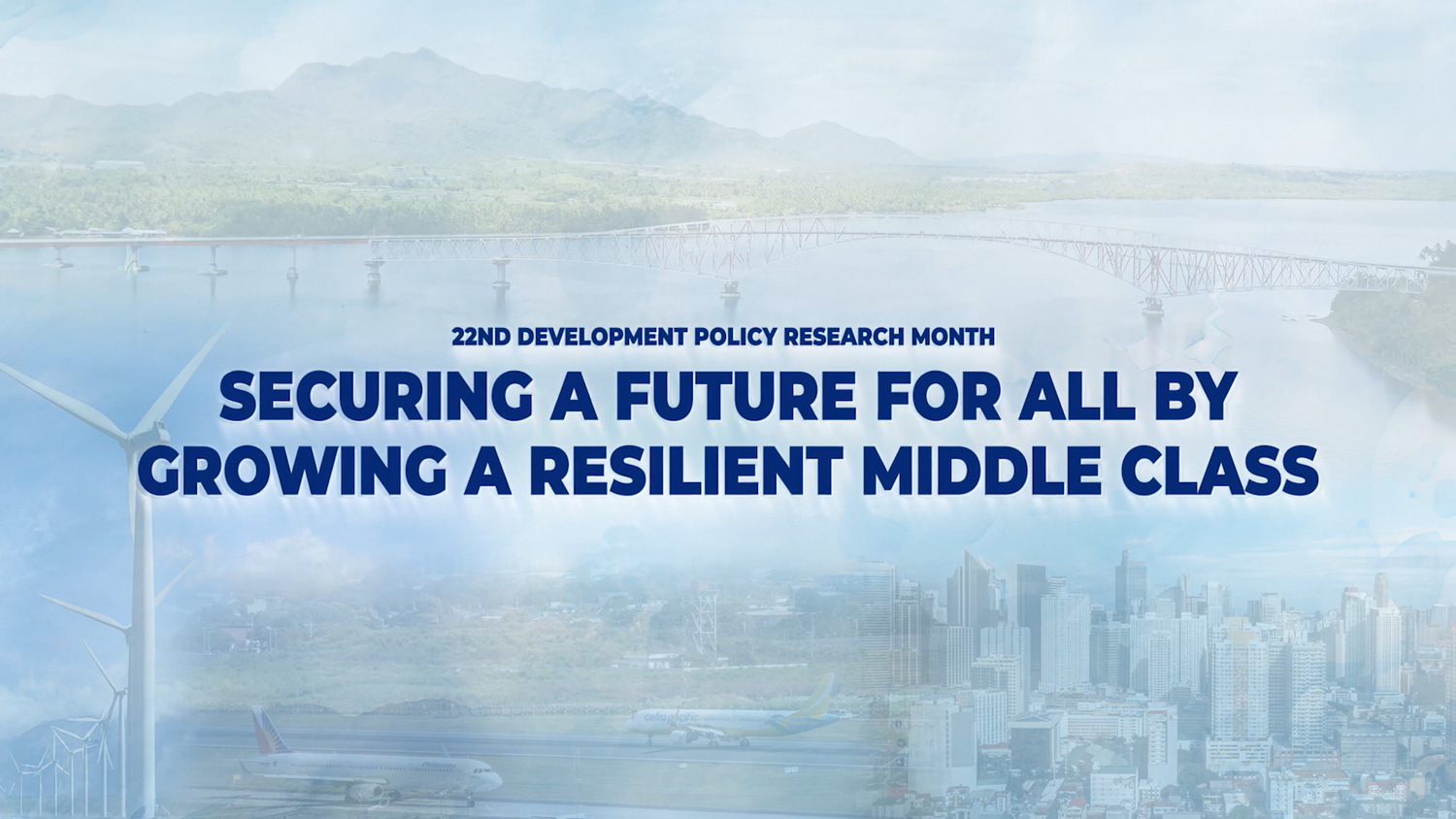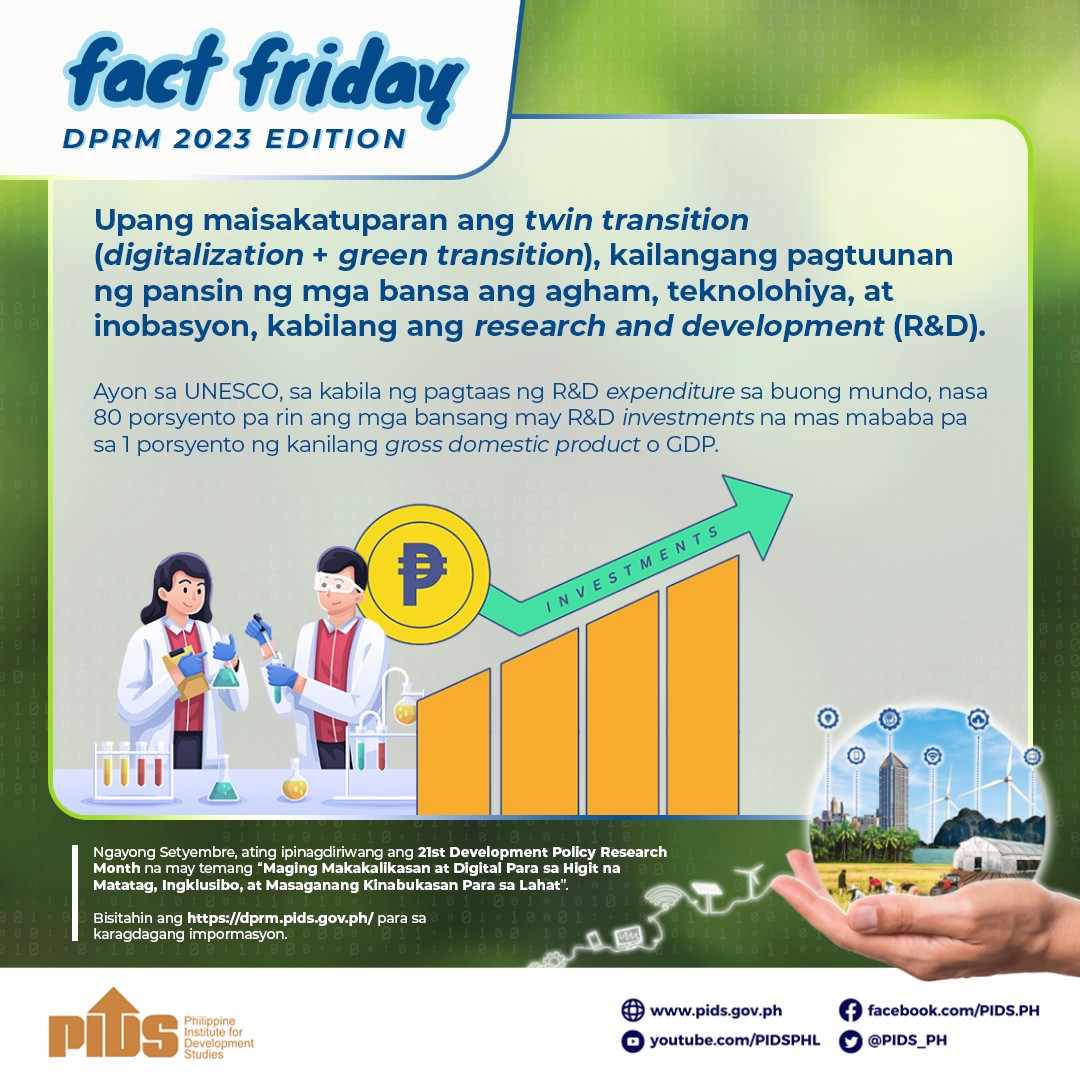MANILA, Philippines — The next administration should work with the private sector in championing the interests of human capital, delegates to a recent virtual forum conducted by the country’s leading think tank said.
“Our country’s next leaders should actively encourage collaboration between the government and the private sector, which has proven itself a trusted and capable partner for development, even during these hard times,” said Dindo Manhit, president of Stratbase ADR Institute which organized the virtual forum.
Ernest Bower IV, president and CEO of Bower Group Asia, said more ambition is needed from the next administration.
“It is time to ask, not ‘are we doing ok?’ but ‘what can we do if we work together as government, the private sector and this country’s talented, hard-working people?” he said.
The forum featured the launch of the Stratbase ADRi special paper entitled “Issues for the Next Administration’s Development Agenda on Human Capital and Labor Markets” authored by Vicente Paqueo, a non-resident fellow of Stratbase and a distinguished voting fellow of the Philippine Institute for Development Studies (PIDS).
The paper is premised on the fact that high and sustained productivity growth is essential to modern economic growth and development and challenges the next administration to meet people’s demands for jobs that pay for them to live comfortably and provide workers employment/income security.
“The Philippines has been lagging behind its regional and aspirational peers in growing labor productivity, indicating substantial room for improvement. Compensation per worker tends to rise proportionately per capita or per worker, a measure of worker productivity. Over-judicious use of labor tools can be damaging to employment prospects of disadvantaged groups like the young, less educated, inexperienced and in general those with lower human capital,” Paqueo said.
“Rapid labor productivity growth should be included in the next administration’s agenda,” he added. “This strategic objective can be accomplished in the long run through better education and training.”
According to Paqueo, just three percent of training outputs in the Philippines are produced by enterprise-based training compared to about 15 percent or more among aspirational peers.
New government needs to develop human capital to sustain development – think tank












